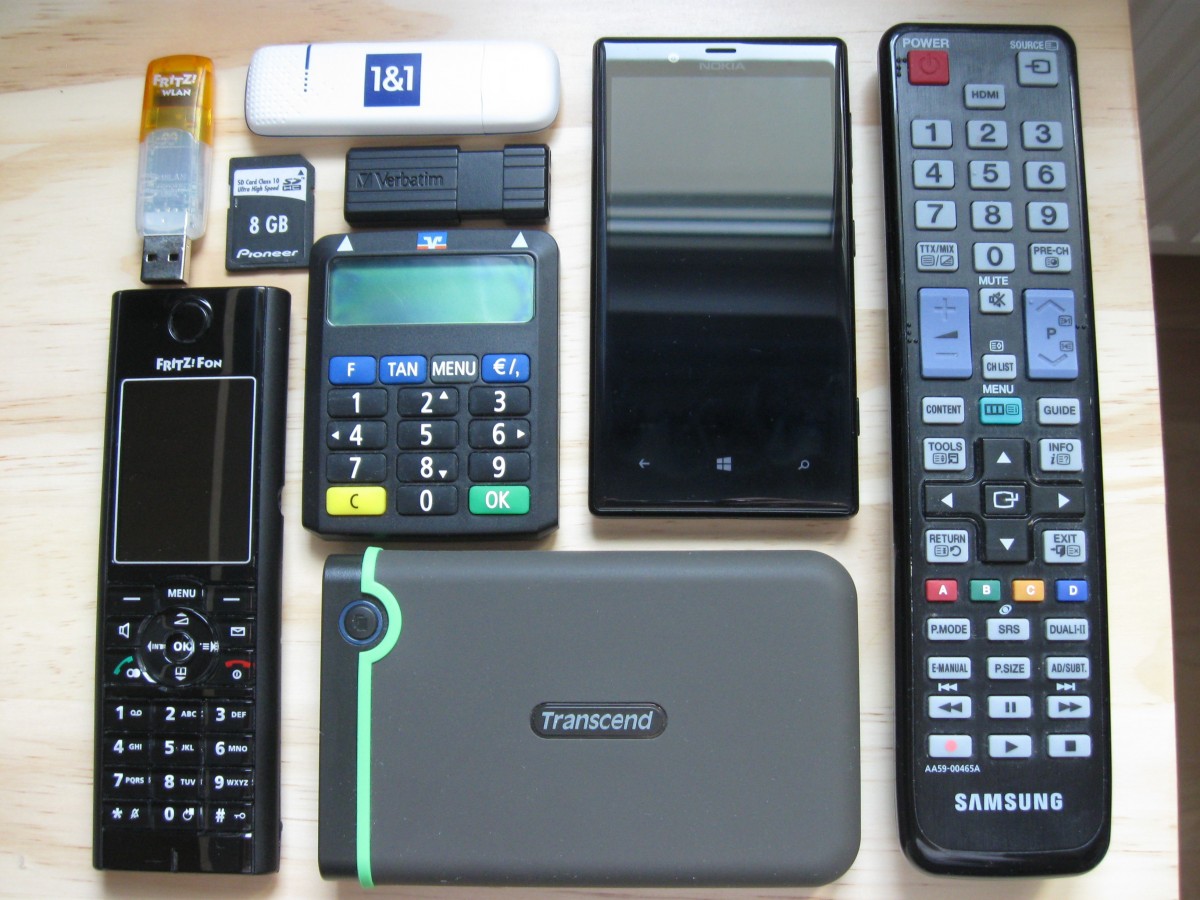Technology’s Role in Shaping Global News Today highlights the profound impact that technological advancements have on how news is disseminated and consumed worldwide. In an age where information travels at lightning speed, technology has transformed traditional media channels and redefined the relationship between news producers and consumers. From social media platforms to advanced analytics, the landscape of global news is continually evolving, making it essential to understand the role technology plays in this dynamic environment.
This overview will explore the various facets of technology’s influence on journalism, from how stories are reported and shared to the ways audiences engage with content. With the rise of digital platforms, the lines between news and entertainment have blurred, leading to new challenges and opportunities for both journalists and readers alike.
In the modern digital world, the importance of effective communication cannot be overstated. Whether in personal interactions or professional settings, the ability to convey thoughts, ideas, and information clearly and concisely is essential. Understanding the nuances of language and how it affects relationships, productivity, and engagement is crucial for anyone looking to succeed in today’s fast-paced environment. This article explores the significance of communication, the various forms it takes, and offers practical tips on how to enhance one’s communication skills.### The Importance of CommunicationCommunication is the cornerstone of human interaction.
It allows individuals to share their thoughts, feelings, and experiences with others, fostering connections that are fundamental to both personal and professional relationships. In a workplace setting, effective communication can lead to improved teamwork, increased productivity, and a more positive work environment. Conversely, poor communication can result in misunderstandings, decreased morale, and a breakdown of trust among team members.Effective communication also plays a vital role in conflict resolution.
When disagreements arise, being able to articulate one’s perspective while also listening to the viewpoints of others can help to diffuse tensions and lead to mutually beneficial solutions. This is especially important in diverse environments where individuals may have different cultural backgrounds and communication styles.### Types of CommunicationCommunication can be broadly categorized into several types, each serving a different purpose and requiring unique skills.
Understanding these types can help individuals tailor their approach based on the context and audience.
1. Verbal Communication

This includes spoken language, whether in one-on-one conversations, meetings, or presentations. Effective verbal communication involves not only choosing the right words but also considering tone, volume, and pace. The ability to engage listeners through storytelling and clear articulation is a valuable skill in both personal and professional contexts.
2. Nonverbal Communication
A significant portion of communication is conveyed through body language, facial expressions, and gestures. Nonverbal cues can often communicate emotions and attitudes more powerfully than words alone. For example, maintaining eye contact can signal confidence and attentiveness, while crossed arms might indicate defensiveness or disinterest.
3. Written Communication
This encompasses emails, reports, memos, and any other form of written correspondence. Clarity and coherence are critical in written communication, as it often lacks the immediate feedback that verbal interactions provide. Proper grammar, punctuation, and formatting play a crucial role in ensuring the message is understood as intended.
4. Visual Communication
This involves the use of visual aids such as charts, graphs, and images to convey information. Visual communication can enhance understanding, especially when dealing with complex data or concepts. In presentations, combining verbal and visual elements can help maintain audience engagement and improve retention of information.### Enhancing Communication SkillsImproving communication skills is an ongoing process that requires practice and self-reflection.
Here are several strategies that can help individuals become more effective communicators:
1. Active Listening
One of the most important aspects of communication is the ability to listen actively. This means fully concentrating on the speaker, understanding their message, responding thoughtfully, and remembering key points. Avoiding distractions and showing genuine interest in what others are saying fosters a more open and productive dialogue.
2. Seek Feedback
Regularly asking for feedback on one’s communication style can provide valuable insights into areas for improvement. Whether from colleagues, friends, or mentors, constructive criticism can highlight blind spots and help individuals refine their approach.
3. Practice Empathy
Understanding the emotions and perspectives of others is essential for effective communication. Empathy allows communicators to tailor their messages in a way that resonates with their audience, making the interaction more meaningful and impactful.
4. Be Clear and Concise
When conveying information, strive for clarity and brevity. Avoid jargon and overly complex sentences that may confuse the audience. Instead, focus on delivering the core message in straightforward language that everyone can understand.
5. Adapt to the Audience
Different audiences may have varying levels of understanding or interest in a topic. Tailoring your communication style to fit the needs and preferences of your audience can enhance engagement and ensure the message is received as intended.
6. Stay Open-Minded
Effective communication is not just about expressing one’s own views; it also involves being open to others’ opinions and ideas. Being receptive to different perspectives can lead to richer discussions and greater collaboration.
7. Develop Confidence
Confidence can significantly impact the effectiveness of communication. Practicing public speaking, engaging in discussions, and presenting ideas in group settings can help build self-assurance in one’s communication abilities.### The Role of Technology in CommunicationIn recent years, technology has transformed the way we communicate. From emails and instant messaging to video conferencing and social media, the tools we use to connect with others have evolved dramatically.
While these advancements offer convenience and efficiency, they also come with challenges.For instance, digital communication often lacks the nonverbal cues that accompany face-to-face interactions, which can lead to misunderstandings. Misinterpretations can arise from tone or intent, particularly in written communication where sarcasm and humor may not translate well. Therefore, being mindful of how one’s words may be perceived is crucial in a digital context.Moreover, the rise of remote work has highlighted the importance of maintaining effective communication across virtual platforms.
Teams must adapt to new tools and find ways to stay connected, which can include regular check-ins, virtual team-building activities, and establishing clear communication protocols.### Conclusion: The Path to Effective CommunicationMastering communication skills is a journey that requires patience, practice, and a willingness to learn. By recognizing the significance of communication in building relationships and fostering collaboration, individuals can take proactive steps toward becoming more effective communicators.Engaging in active listening, seeking feedback, practicing empathy, and adapting to various audiences are just a few of the strategies that can enhance one’s communication skills.
As technology continues to shape the way we interact, being mindful of its impact on communication will be essential for navigating both personal and professional landscapes.Ultimately, effective communication is not simply about transmitting information; it’s about creating connections that enrich our lives and the lives of those around us. As we strive to communicate more effectively, we contribute to a more understanding and collaborative world.
FAQ Explained: Technology’s Role In Shaping Global News Today
How has technology changed the way we consume news?
Technology has made news more accessible through digital platforms, allowing users to consume content anytime and anywhere, often tailored to their interests.
What are some challenges journalists face with technology?
Journalists face challenges such as misinformation, the pressure to produce content quickly, and adapting to new digital tools while maintaining accuracy and quality.
Is traditional journalism still relevant in the digital age?
Yes, traditional journalism remains relevant; however, it must adapt by integrating technology to reach broader audiences and enhance storytelling methods.
What role does social media play in global news dissemination?
Social media serves as a primary platform for news sharing, enabling quick dissemination of information and fostering interaction between journalists and audiences.
How do advancements in technology influence news credibility?
Advancements in technology can both enhance and undermine news credibility, as digital tools facilitate fact-checking but also contribute to the spread of fake news if not used responsibly.






